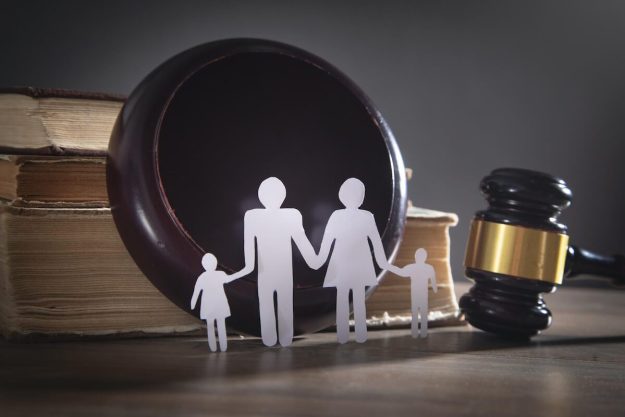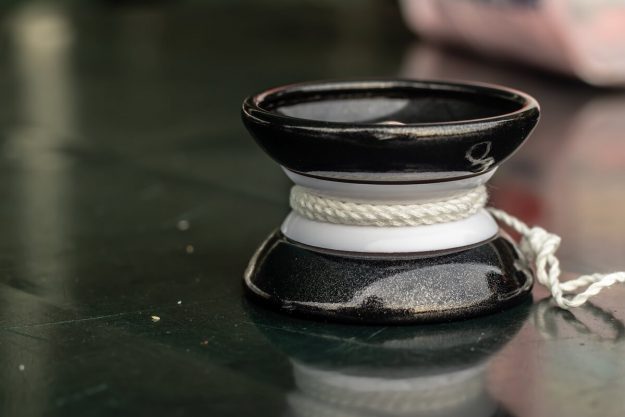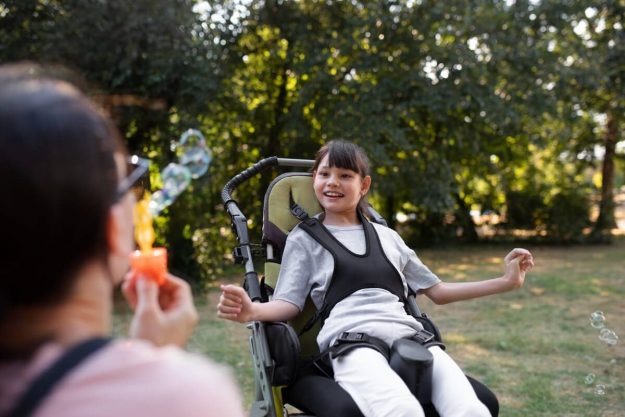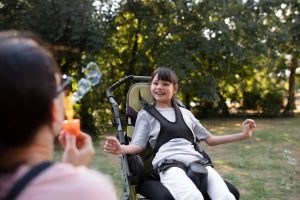Rod Genders is a senior Australian lawyer specialising in Wills and Estate Planning, Probate and Estate Administration, Trusts and Guardianship and Inheritance Claims and Contested Estates in South Australia. His boutique specialist law firm, which was founded on 1848, is one of the oldest and most respected in Australia. Rod is an international author and speaker. Rod is the 3rd generation of Genders in the law and has been practising specialised law since the mid 80’s. He has acted as counsel or consultant to in excess of 50 other firms around Australia. Rod holds the SA state record for the highest ever personal injury award of damages, and has been involved in several of the largest personal injury claims in Australian legal history. For over 10 years he served on the Council of the Law Society of South Australia and is a senior member of its Succession Law Committee. Rod was a founding committee member of the South Australian branch of the London-based Society of Trusts and Estate Practitioners (STEP) for 8 years and was the founding Chair of the international STEP Digital Assets Special Interest Group. For over 25 years Rod has chaired a private committee enquiring into the affairs of protected persons. He is a member of the Law Council of Australia, and a member of its Succession and Elder Law Committee.
In our digital‑first world, where Google has replaced the telephone directory and business cards have been supplanted by LinkedIn, our online digital profiles are the first impression we give to the world and the primary source of information that others will use to research us.
Our digital profile plays a huge role in both online and offline reputation, privacy and security management.
We need to focus on our digital profiles through the lens of our true audience, whether that be family members, prospective employers.
… an interview* with refreshingly honest observations from a specialist lawyer …
After 35 years in legal practice, there isn’t much that still surprises Rod Genders. He’s pretty much seen it all.
I have made my Will with him, and I am glad to have his strength and knowledge on my side. Standing at 6’4” Genders is a big man, and he has an imposing presence. I wouldn’t like to confront him in Court – or in a dark alley, for that matter!
Even as the pandemic winds down, it continues to influence where and how we work, with more time spent online, you and your digital credentials are at risk now more than ever.
The COVID-19 pandemic disrupted the home lives and workplaces of millions worldwide. Offices closed, people transitioned to working remotely and shopping online, and families bunkered-down at home.
With nowhere to go, they spent more time online. That isn’t likely to change anytime soon, even if some offices re-open.
In October 2022 (which ironically was ‘cybersecurity awareness month’), Australia experienced several major cybersecurity breaches (“hacks”), including Medibank and its subsidiary AHM, Optus, Woolworths and electricity provider Energy Australia.
Many other Australian and foreign companies – large and small – are all now among the household names that have fallen victim to a data breach.
When was the last time you posted a letter, printed out a photo, rang up your share broker, or visited a bank branch? Chances are, not that recently.
This is because more and more of our lives are spent online, and hanging off digital cloud services.
But what would happen if you lost mental capacity or died? While your physical life may be well provided for, chances are your digital life is seriously at risk.
Helping out a struggling family member always begins with goodwill and the best of intentions.
But gifts and loans between family members all too often result in family disputes and litigation which could easily be avoided with some simple precautions.
The incredible rise in house values, the economic consequences of COVID-19 and the rising cost of living, mean lots of Australian families will be relying on family to help out more than ever and that support is likely to take the form of financial assistance.
How many things in your life do you manage or store on your computer, tablet, smartphone or online? Like many people today you probably access photos, videos, music, e-books, blogs, movies, emails, conversations, social media, games, bank accounts, medical records, and even your identity – all online.
All of these are called “digital assets” and they may be of financial or sentimental value to you and your family. They can be just as precious and important as physical assets that you can touch. They should be part of your general planning for what happens when you die or if at any time you are unable to manage your own affairs.
YOYO stands for You’re On Your Own, and it has never been truer for Australian retirees.
In the 1980’s when Bob Hawke and Paul Keating changed government policy to encourage us all to save enough money for our eventual retirement, we did so with an expectation of mastering our own destiny to enjoy a wonderful and carefree retirement.
The idea was to reduce the dependence upon government funds for the old-age pension.
There has been a tremendous change in the social culture of Australia in the 40 years or so since superannuation commenced.
To help implement your wishes, trusts and estate lawyers need to ask some tough questions.
Some of them might make you squirm.
Thinking about the following issues in advance can help you prepare for a meeting about your estate plan.
#1. What if you all die in a common disaster?
Choosing a person to care for your children is difficult. In fact, for many families, it’s the hardest part of planning their estate.
It’s not easy to think of anyone else, no matter how loving, raising your child.
The problem only gets harder if your child has a disability.
Yet, you can make a tremendous difference in your child’s life by planning ahead.





















